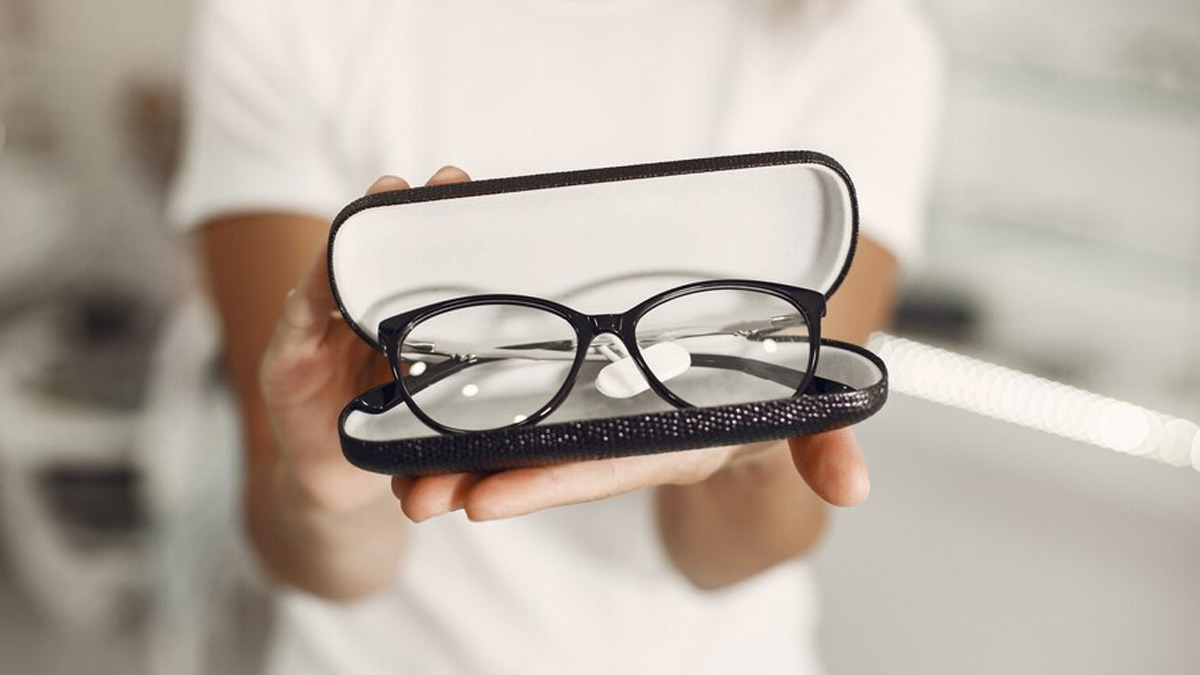
Do you find yourself straining your eyes while looking at distant or nearby objects? Is your vision blurry or do you find yourself squinting at the computer screen? These are common signs that indicate the need for glasses. Getting an eye examination can confirm your diagnosis, followed by prescription glasses that may help your eyesight in the long run. However, if you have already been prescribed glasses but still choose to not wear them, Dr Nandini Ray, Senior Consultant Ophthalmologist, Fortis Anandapur, Kolkata, shares the possible consequences.
The Risk Of Not Wearing Prescription Glasses

Not wearing prescription glasses can bring back the issues that initially encouraged you to get glasses. This includes:
- Squinting
- Headache
- Increased power
- Eye strain
- Aggravated pre-existing conditions like migraine or stress headache
Many people believe that wearing glasses actually worsens their eyesight and they choose a technique called natural vision correction. This idea claims that one can correct their vision naturally without any glasses or surgical alternatives.
Also Read: Conjunctivitis Explained: Can Eye Flu Spread Just By Looking Into Someone’s Eyes?
However, a 2013 report by the American Academy of Ophthalmology (AAO) disagrees with the claim saying that natural vision correction doesn’t help nearsightedness, farsightedness, or other vision problems.
Usually, glasses are prescribed for short sightedness (myopia) or long sightedness (hypermetropia), says Dr Ray, who adds saying, “People above the age of 40 need reading glasses and if they do not use them, it can excessively strain their eyes.”
In some people, not wearing glasses can also trigger certain symptoms including:
- Dizziness
- Double vision
- Nausea
- The weakening of the eye muscles
- An inability to focus
One may also develop a higher risk of accidents and injuries.
What Is The Link Between Headaches And Not Wearing Eye Glasses?

There are many reasons why not wearing glasses can trigger severe headaches.
Eye strain is one of the primary causes, which occurs when you have blurry vision and force your eyes to see clearly without glasses. Some of the common signs of eye strain-related headaches include pain that develops after prolonged eye activity, pain that becomes better with rest, and pain behind your eyes.
Another reason is astigmatism, which is a type of refractive error, a type of vision problem that makes it hard to see clearly, explains the National Eye Institute. Astigmatism usually occurs when the cornea or lens is more curved in one direction. This can induce headaches along with difficulty with night vision.
Importance Of Wearing Glasses When Needed

Dr Ray shares a few ways wearing prescription glasses can help, highlighting its importance in managing certain eye-related problems.
She says, “Sometimes people above the age of 40 do not realise they need glasses for reading until they cannot manage at all by which time they may have problems like eye strain, burning sensation of the eyes, difficulty in near vision.” This is when wearing glasses can prove beneficial.
Also Read: All About Eye Flu: Expert Debunks Myths About This Condition
For people suffering from initial stages of cataracts, wearing prescription glasses can potentially delay or even avoid premature surgical intervention that might not be immediately necessary, the doctor added.
Moreover, many children who find it difficult copying from the board may be misdiagnosed with conditions, like attention deficit disorders or dyslexia. However, the cause of this may be a vision problem, Dr Ray notes, emphasising the need for children to undergo eye examinations to identify and correct any visual impairment with the right prescription glasses.
Hence, it is important to go for regular eye checkups to avoid any serious eyesight problems and continue wearing the prescribed eye glasses to improve the vision and reduce the risk of accidents, she concluded.







